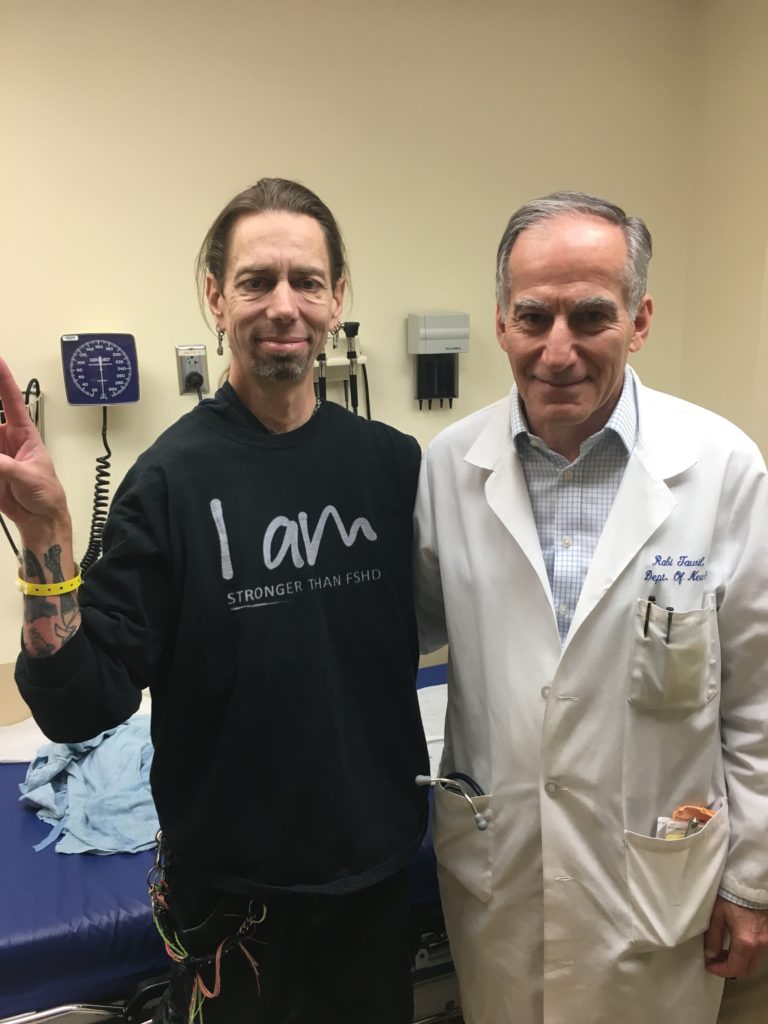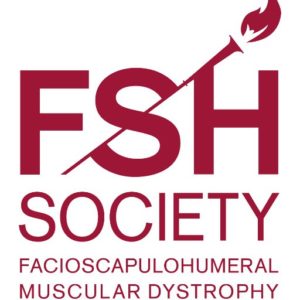
To crack the code of FSHD, patients are absolutely essential
All of the breakthroughs—the discovery of the genetic causes, understanding why some patients vary so greatly in the severity of their symptoms, teasing out the biochemical pathways that could point to future treatments—were made because patients stepped up to the plate.
Too often, we hear patients say they’ll volunteer when there’s a treatment. But we will never get to a treatment unless patients participate in fundamental research now. FSHD is uniquely human, so no laboratory mouse can ever fully model the disease. The genetic “package” that causes FSHD is found only in people. We owe an enormous debt to the patients who give DNA samples. Who submit to long interviews and exhausting physical tests. Allow a surgeon to cut out a small muscle sample. Who fight claustrophobia to lie in the narrow bore of an MRI machine.
Equally important are patients’ family members, both affected and unaffected, who provide the best experimental controls because of their shared genetic and environmental backgrounds. A parent or sibling who has very mild symptoms may hold the key to understanding the factors that protect against the full-blown development of FSHD symptoms in a more severely affected family member.
We are more hopeful today than ever before that a treatment is within sight. We cannot guarantee when that treatment will arrive, but here’s one thing we guarantee: If you volunteer for research, your participation will without question help move us a step closer to that day.
Scientific Overview of FSHD
Read the latest on wikipedia
Glossary of Scientific Terms
FSH Society Awards $541,133 in Funding for FSH Muscular Dystrophy Research
Boston-based Non-profit Awards New Grants to Facilitate Search for a Cure BOSTON – April 5, 2017 – Today the FSH Society, a world leader in combating facioscapulohumeral muscular dystrophy (FSHD),… Read More »
Update on Clinical Trial A083-02: a Phase 2 Clinical Study of ACE-083 in FSHD
The FSH Society has a long history of partnering with biotech and pharmaceutical companies to facilitate recruitment of patients and families for focus groups, provide patient input to clinical outcome… Read More »
FSHD patient survey results presented at MDA Conference
At the Muscular Dystrophy Association’s biennial scientific conference, held in Washington, DC, on March 19-22, 2017, researchers from Acceleron Pharma presented a poster about the most prominent symptoms and daily… Read More »
Q &A on potential use of BET inhibitors for FSHD
On February 13, Canadian biotech, Reserverlogix announced that facioscapulohumeral muscular dystrophy (FSHD) is one of two new indications it is pursuing involving its lead drug, apabetalone (RVX-208) which inhibits bromodomain… Read More »



